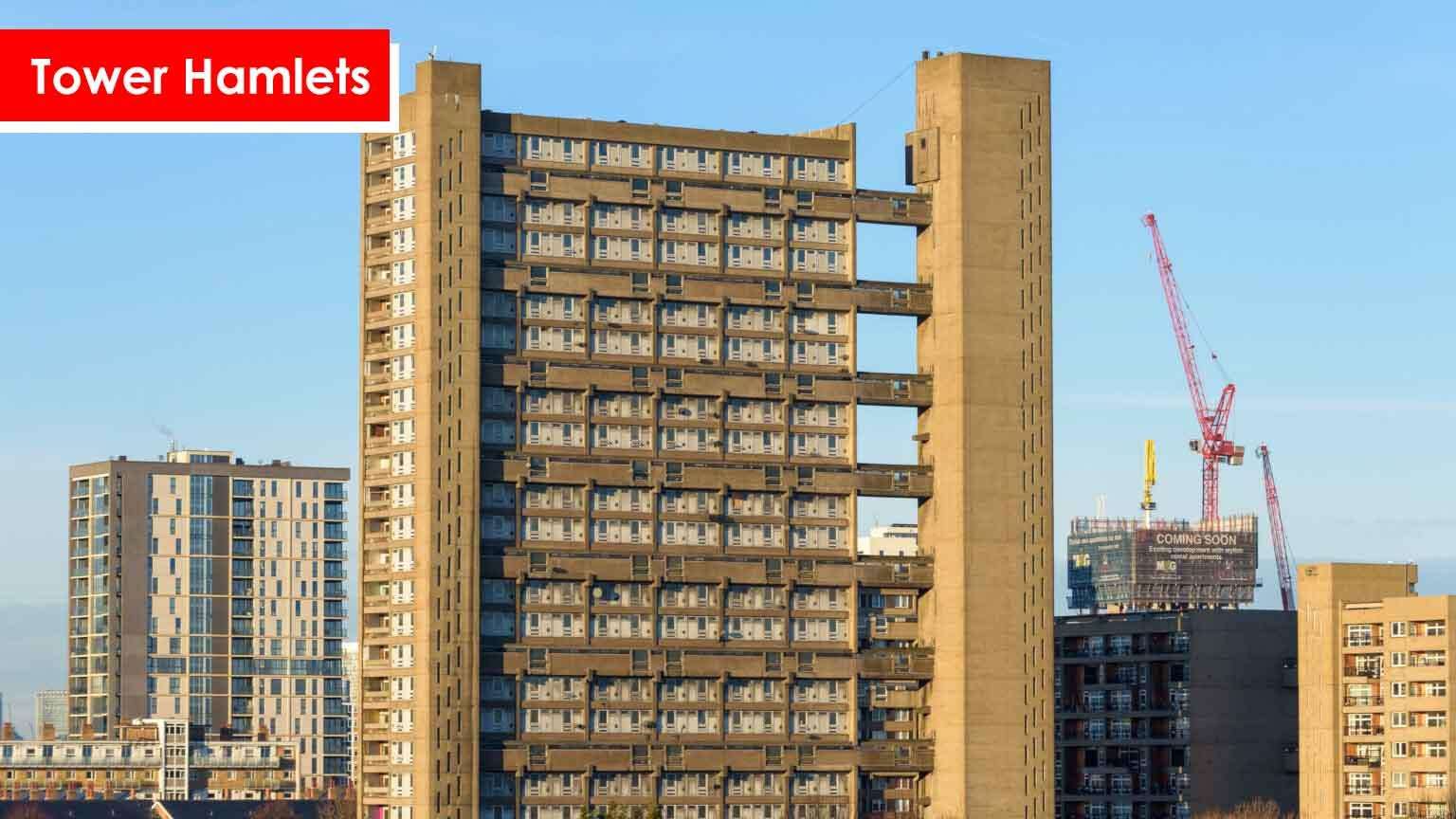Tower Hamlets has extended its recycling pilot scheme in response to being ranked the lowest for recycling rates in England for the second consecutive year.
As part of the expansion, more residents living in flats will now receive small, clear plastic bags designed for daily recycling. These bags, which can hold up to 1kg of recyclables, are to be placed in communal recycling bins for collection.
According to figures recently released by Defra, the borough’s household recycling rate has dropped to 15.8%, down from 17.7% in 2022/23. This places Tower Hamlets 3.4 percentage points behind Liverpool City Council, which holds the second-lowest position at 19.2%.
In addition to the low recycling rate, Tower Hamlets also reported the smallest proportion of organic waste recycling at 8.3% and a contamination rate of roughly 30%.
A council representative told letsrecycle.com that the aim of the pilot was to see whether smaller, clear sacks—sized to fit communal bin openings—could encourage more consistent recycling habits and reduce contamination in shared bin areas.
Initially launched in October 2024, the scheme started with 12,500 properties in blocks of flats and has since been scaled up to reach 30,000 homes. The bags used in the scheme are made from post-consumer recycled plastic sourced from a UK supplier. All recyclables collected are taken to Bywaters in Bow, where both the bags and their contents are processed.
While use of the clear sacks is optional, residents are reminded not to place recyclables in black bin bags, which are not accepted. Recycling can still be placed loosely into bins.
The borough has also launched separate cardboard collections in selected areas, with plans to expand further over the next year. An investment of over £2 million has been directed toward upgrading recycling facilities for more than 2,100 blocks of flats.
The spokesperson added that the council is working to enhance recycling services, increasing the number of recycling bins and stepping up communications and community engagement efforts.
Why Recycling Remains a Challenge in Tower Hamlets
Tower Hamlets faces unique challenges due to its dense urban setting. It is the most densely populated borough in England, with an average of 15,695 people per square kilometre. Around 88% of its housing stock consists of flats or maisonettes—significantly higher than London’s average of 56% and the national average of 24%.
Research has shown that flats tend to have lower recycling rates, often due to complications with shared recycling systems and limited access for refuse collection vehicles.
Adding to the pressure is the borough’s rapid population growth—the fastest in the country. Between 2011 and 2021, the population grew by 22.1%, increasing from 254,000 to 310,300. This growth brought 19,200 additional households into the area over the decade.








.svg)


